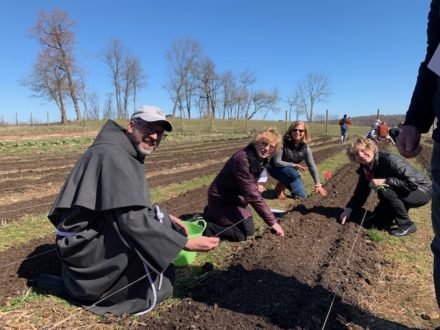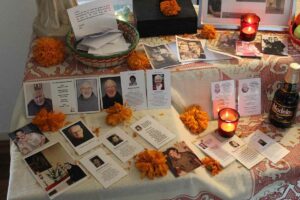As Franciscans, conservation efforts are important to us – from projects such as Little Portion Farm and the Franciscan Earth Care Initiative to individual efforts in gardening, recycling, and more. We inherit this love of nature from our founder, Saint Francis of Assisi. Read about how Saint Bonaventure further developed Franciscan prayer (combining it with the practice of gardening) and learn about one of our earliest Franciscan botanists.
As Minister General, St. Bonaventure (1257-1274) further developed Franciscan prayer by insisting that all friaries have orchards and vegetable gardens. Not only were the friars to provide for their own sustenance, but by tending the soil they were to participate in the almost unnoticed action of things dying and coming to life again.
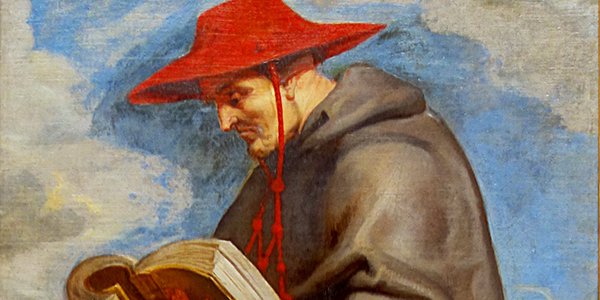
By decreeing gardens, Bonaventure was elevating the notion of work – seeing it not as the punishment for original sin (a common belief) – but as a profound allusion to the proper tending of the spiritual life. The tilling, sowing, and harvesting of an ordered garden was a metaphor for the Christian practice of cultivating virtues while removing the weeds of vice. The garden was the place where the sick could be refreshed, where scholars could be reminded of the humus (the “humility”) of beginnings, and the young could develop strength and patience.
By working in the soil, the friars became united with the first beloved of God, Adam (adamah in Hebrew), a man of the “earth.” And by going down into the soil to produce the staples of life, the friars became co-creators with the same Christ who came to them in the form of bread and wine.
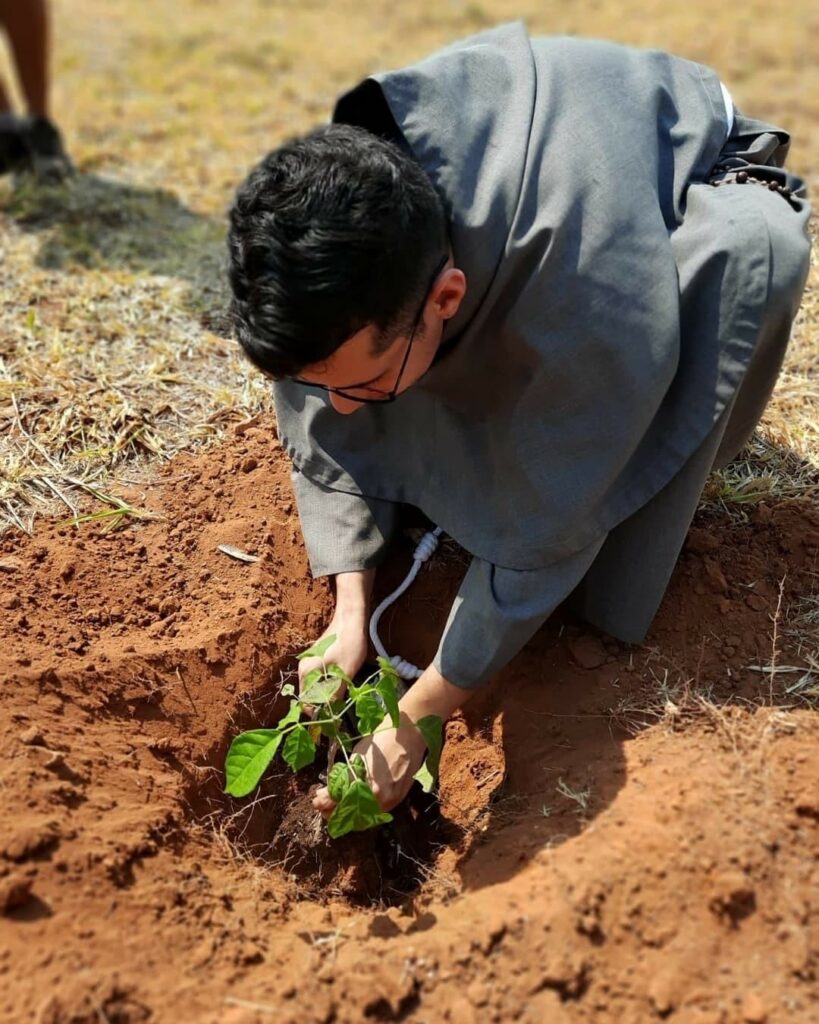
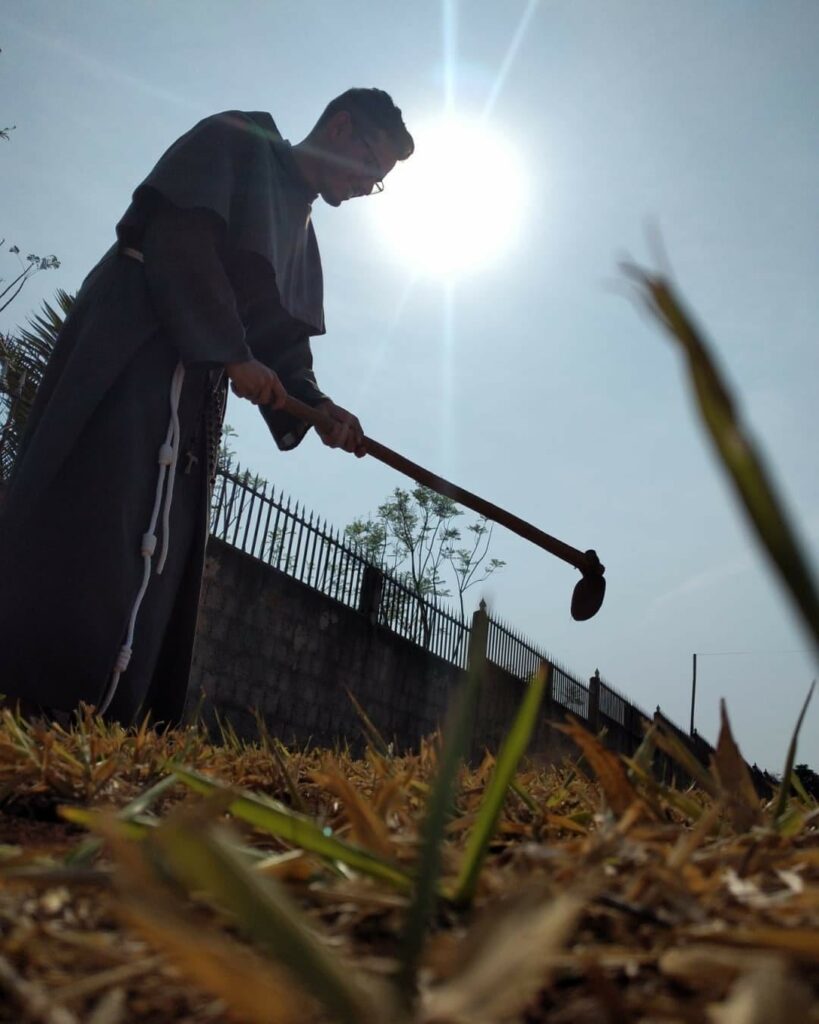
Among the many friar-gardeners and botanists, Friar Agostino Mandirola stands out. Born in Castelfidardo, Italy, Fr. Agostino delighted in teaching both theology and horticulture. In 1649 he published his extremely popular and useful “Gardener’s Handbook” (Manuale de Giardinieri). Translated into many languages, his text provided advice about basic flower gardening, care for rare plants recently discovered from Turkey, Persia, and India, soil preparation, vine tending, medical uses of blooms, fruits, and roots, and treatises on silkworms and beekeeping.
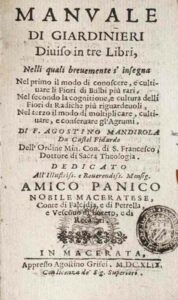
(From Franciscans and Culture by friar Joseph Wood OFM Conv.)

